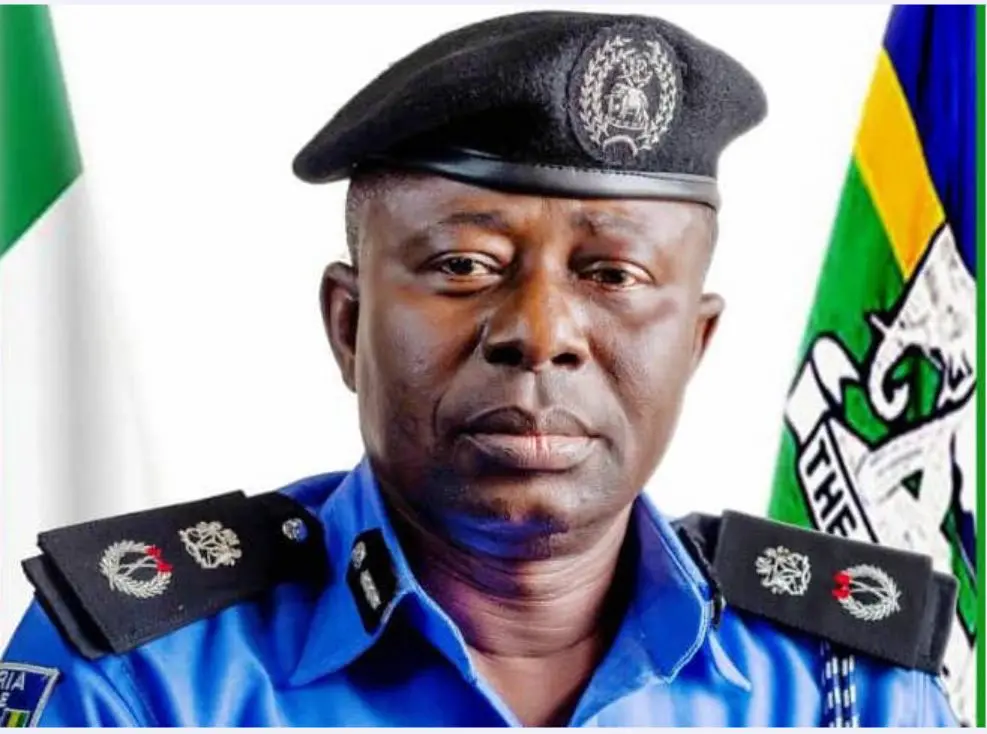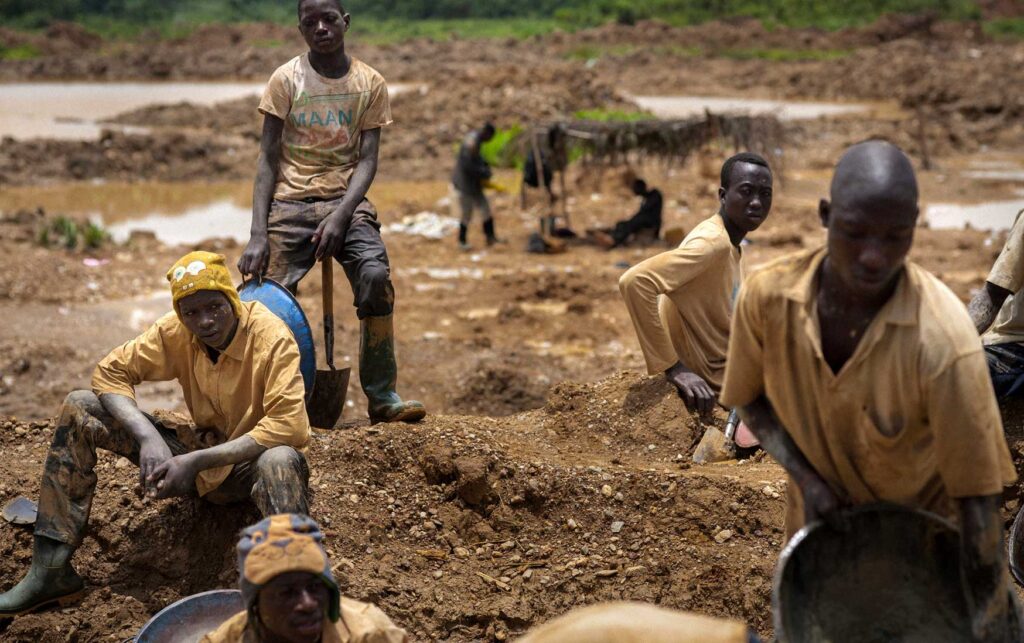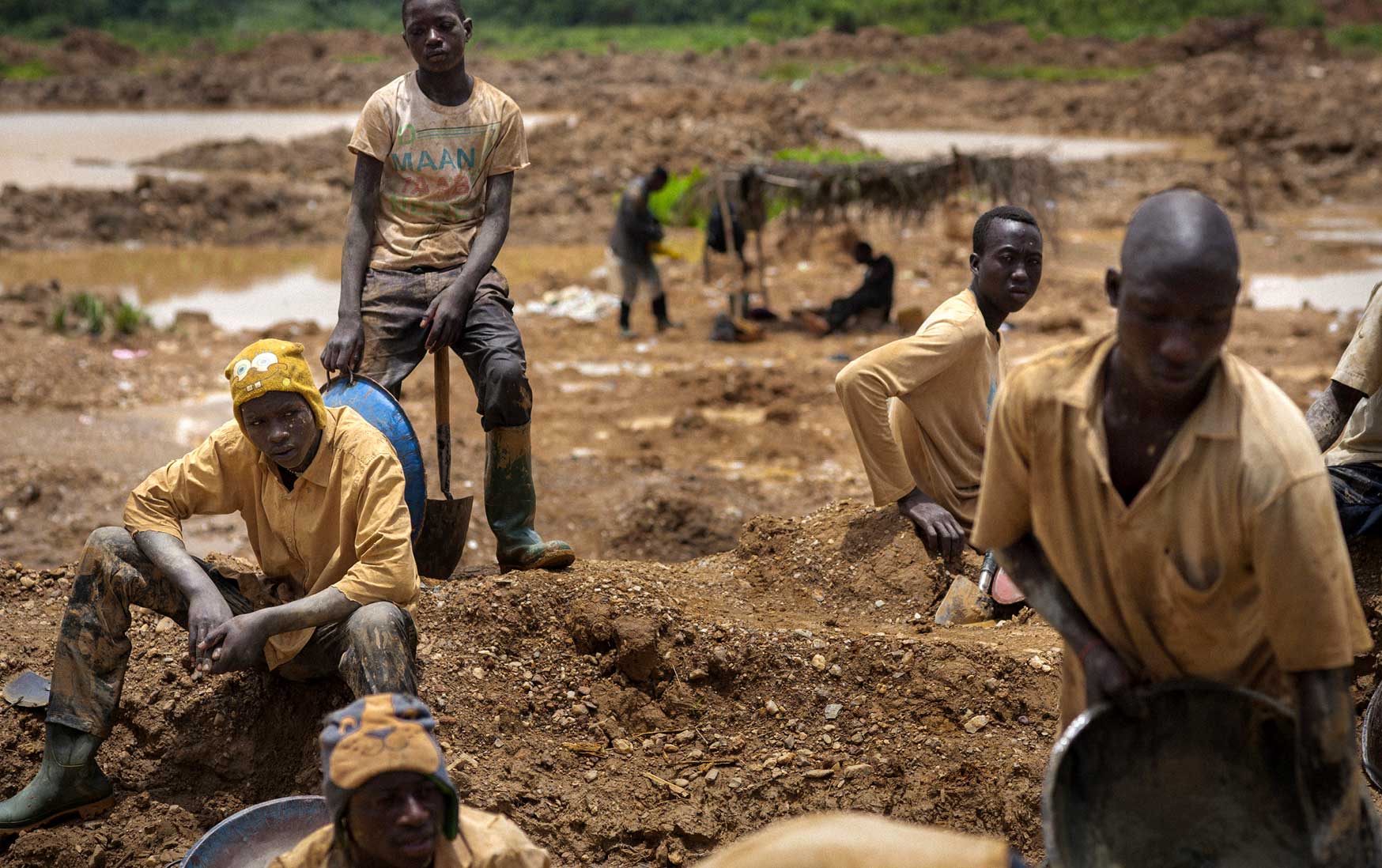…FCT,Zamfara, Nasarawa,Kogi Hotspots
Nigeria loses over Nine billion dollars (about N13,7trn) annually and between 2023 to 2025 has lost about N41.1trn to the activities of illegal mining.


Federal Capital Territory (FCT), Commissioner of Police, Ajao Adewale, revealed that illegal mining has become a powerful cartel-driven business bankrolled by influential Nigerians, which has also increased the activities of banditry in the country..
Adewale,who disclosed this at a media parley organised by the Nigeria Union of Journalists (NUJ) FCT Council on “The Fight Against Illegal Mining: Role of the Media” in Abuja, described illegal mining as one of Nigeria’s most dangerous national security threats.
He stated “The Nigeria Extractive Industries Transparency Initiative (NEITI) cited that Nigeria loses up to $9 billion (N13.7 Trillion Naira) annually to illegal mining and gold smuggling,stressing that illegal mining is not just a mere economic crime; it fuels insecurity, degrades our environment, undermines lawful investment, and robs our nation of vital resources.’
“Reports have shown that powerful Nigerians are the primary drivers of these operations, using foreigners merely as fronts while banditry and terrorism are bankrolled through this criminal network.”
The FCT CP listed Zamfara, Nasarawa, Kogi, Kaduna, Niger, Kwara, Osun and the FCT as hotspots, pointing out that over 72 suspects had been arrested in Abuja alone between 2023 and 2024 for illegal mining activities.
Adewale stressed that without collaboration between security agencies and the media, the cartels would continue to thrive.
“A global definition of organized criminal mining underscores that when criminal groups control mining at scale, especially in remote, unmonitored areas, the operations resemble cartel-like behaviour. In Nigeria’s context, these networks may exhibit coordinated control over land, extraction and smuggling.’
He further stated “There are reports of powerful Nigerians behind illegal mining and funding Insecurity. The Minister of Solid Minerals Development, Dele Alake, has pointed to powerful Nigerians as the primary drivers of illegal mining, noting the use of foreigners merely as fronts.’
He stated that banditry and terrorism are often funded and facilitated by these well-connected individuals, not grassroots artisanal miners.
“In FCT, there has been reportage of illegal mining activities in areas like Gwagwalada, Asokoro, Gaube, Kuje and in Katampe Extension, with a combined total of 72 suspects arrested by the NSCDC, POLICE and EFCC between 2023 and 2024.
Speaking at the event, the Commander of the Mining Marshals, Attah Onoja, cautioned against biased or compromised reportage, warning that illegal mining cartels were sponsoring what he called “rogue journalism” to discredit enforcement efforts.
Onoja said “We will not cave to any blackmail designed to weaken our resolve. Illegal mining cannot be defeated by enforcement agencies alone, and this is why we are calling on the media to be partners in this fight,” .
He disclosed that the Marshals—an enforcement arm of the Nigeria Security and Civil Defence Corps (NSCDC)—had dismantled illegal camps, prosecuted offenders, and restored order in volatile mining corridors since their creation under the Tinubu administration by directive of the Minister of Solid Minerals, Dele Alake.
Onoja admitted challenges such as entrenched interests and inadequate logistics, insisting that the campaign was crucial to national survival. “Our message is clear: Nigeria’s mineral wealth belongs to all Nigerians—not to be plundered by a few.”
The National President of the Miners Association of Nigeria (MAN), Dele Ayanleke, shared the sentiments of the FCT Police Commissioner warning that illegal mining was sustained by corruption, poverty, and weak governance.
Ayanleke said “From child labour in Nasarawa’s lithium fields to mercury poisoning in Zamfara’s gold sites, the costs are severe,” adding “Illegal mining undermines legitimate investors, destroys communities, and fuels insecurity. Only sustained attention — especially from the media — can help dismantle these cartels.”
On her part, the Chairman of NUJ FCT Council, Grace Ike charged journalists to take the fight beyond ordinary reportage by conducting investigative journalism that exposes financiers, amplifies community voices, and pressures policymakers.
Ike stated “As gatekeepers of truth, we must investigate, expose, and educate the public on the devastating effects of illegal mining,” .
“Our credibility depends on balanced reporting, free of sensationalism, while ensuring transparency and accountability in the sector. As usual we must investigate, expose, and educate the public on the devastating effects of illegal mining particularly on communities and water resources.
She further said ” Through balanced and accurate reporting, the media can illuminate the hidden dangers, portray the human and environmental costs involved, and urge policymakers to take decisive actions.’
“The NUJ FCT will continue to champion, amplify the voices of affected communities, ensuring that their stories and struggles are heard nationwide because empowering citizens with information gives them the tools to demand better regulatory oversight and environmental protectionism’.she concluded.

